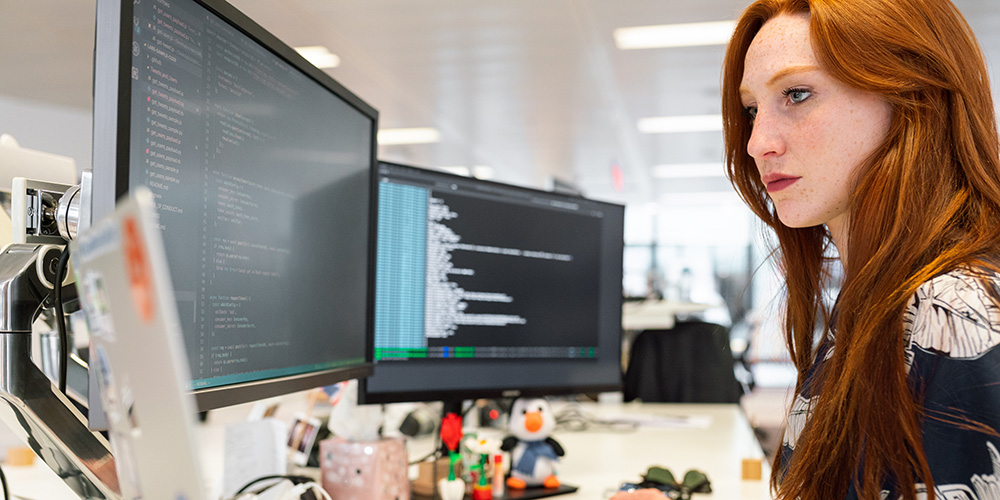4 intellectual property considerations for software ownership

This is a preview of the upcoming “IP for Digital Business” content, to be released on the IP Australia website later this year.
Have you ever received external help to develop a software product? Maybe you brought someone in to create your website? Or write a smartphone app?
If so, you should have considered who truly who owns the intellectual property in your software.
Here are four intellectual property (IP) considerations that anyone developing software should know.
1. The basics of software IP ownership
First things first; get to know the fundamentals.
When new software code is written it is protected by copyright. This protection is automatic without the need for registration and doesn’t cost any money to obtain.
The author/s of software generally own copyright in the software code. But if the author is an employee of a company and the software was created during employment, the company is the owner.
The situation gets a little bit trickier when you use contractors.
Contractors will own the copyright in your software, unless you have a written agreement that assigns the copyright in the software to you. For example, if you brought in a web developer to help you build a website but you never had an agreement in place, the web developer may claim ownership later down the track and force you to take your website down.
Read: Choose the right hardware and software
2. Have a written agreement in place
When engaging contractors, it can be convenient to simply shake hands on a verbal agreement. But if a dispute arises later, a written agreement is always going to be much better to clarify your rights and obligations.
It is best to establish your written agreement before engaging the contractor to save having to locate and convince individual developers to sign contracts many years after the materials have been developed.
For an assignment of copyright to be legally effective, it must be set out in an agreement or deed and signed by the original owner.
If the contractor uses subcontractors or freelancers to help develop your products and services, your agreement should also require the contractor to ensure that their subcontractors or freelancers agree in writing to assign any copyright in material they have developed to you.
3. Understand the concept and complications of co-development
Sophisticated pieces of software can take teams of people to develop.
If multiple parties have created the software code, the default position is that unless there is an agreement which says otherwise, the developers are joint authors and jointly own copyright in the code.
In a joint ownership arrangement none of the joint owners can reproduce the copyright material without the licence or permission of all the owners. If that relationship ends, you might be prevented from further developing, improving or selling the software.
This is why a written agreement is so important.
Read: Find customers online
4. Consider what to include in your written agreement
A written agreement will give you protection only if it has been properly drafted. So what should it include?
Here are some tips on what to cover:
- acknowledge any pre-existing code that is brought in by a new partner
- set out what the other party is licensed to do with this pre-existing material
- who will own the copyright in newly developed code - one party, joint ownership, or by each partner in a way that reflects their contribution?
- cover what either party is licensed to do with the new code and whether either party can update, enhance or modify the code in future without the permission of the other party
- determine whether either party can use the know-how or learning they gained from the relationship in other outside projects
- be clear on what happens when a third party's IP is infringed by the software and which party bears the loss if an infringement claim is made.
It's easy to assume that you own everything created for your business, but it pays to take the time to consider what you really own when it comes to intellectual property. IP Australia recommends seeking the services of a legal professional to provide you with advice on your IP strategy and tech protection.
For more information on intellectual property, please visit the IP Australia website.
Further information on copyright can be found via the Department of Communications and the Arts.